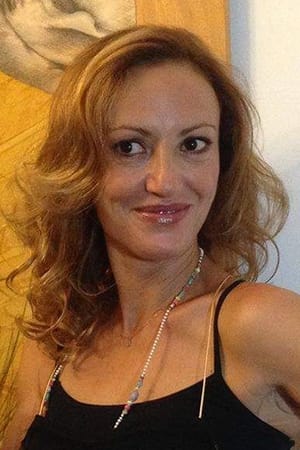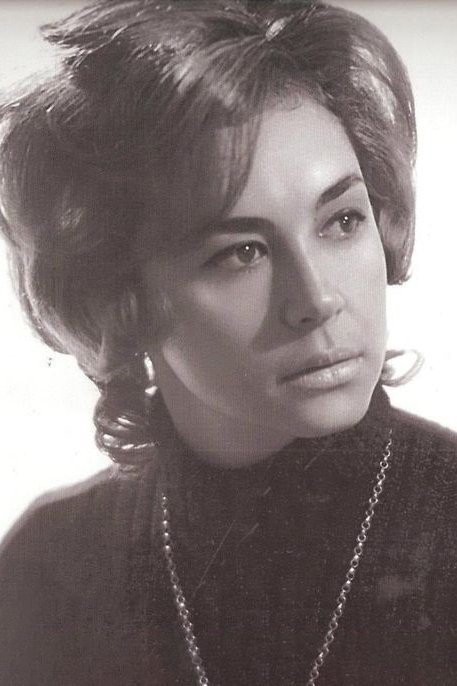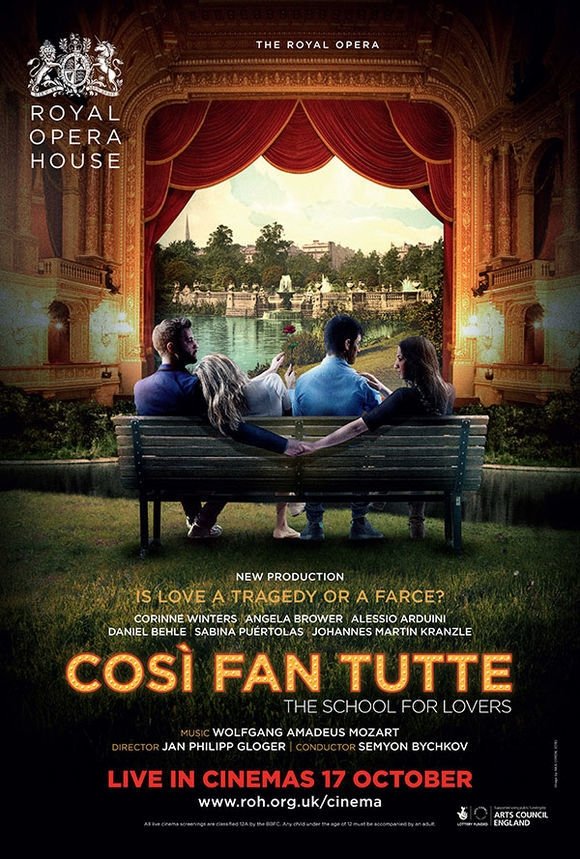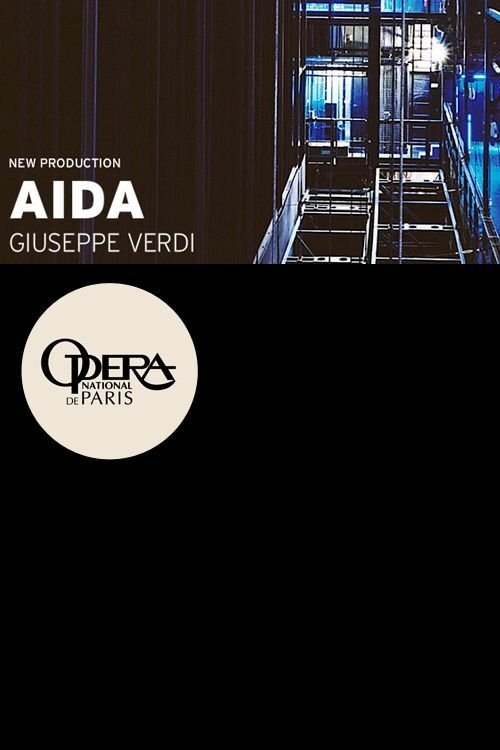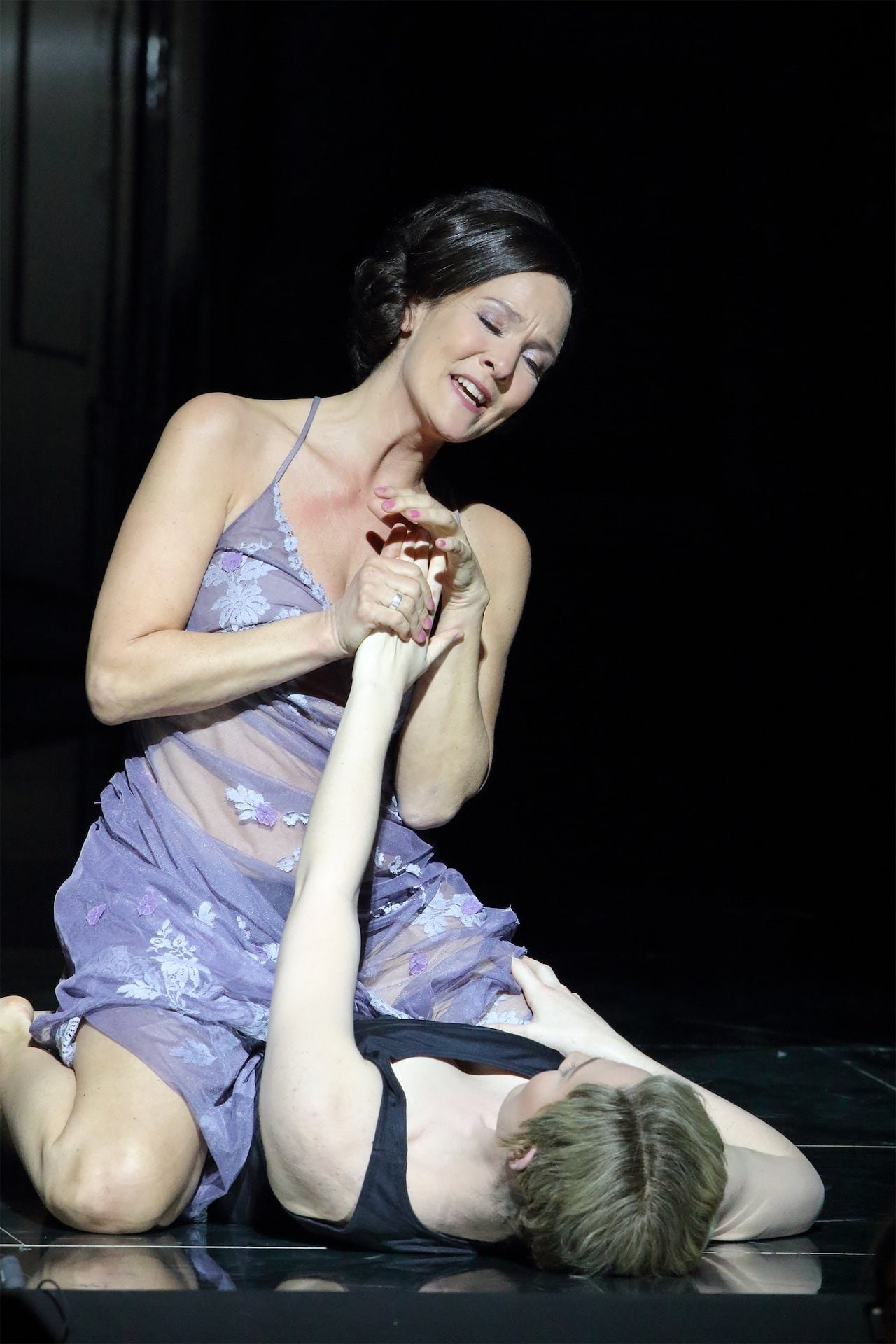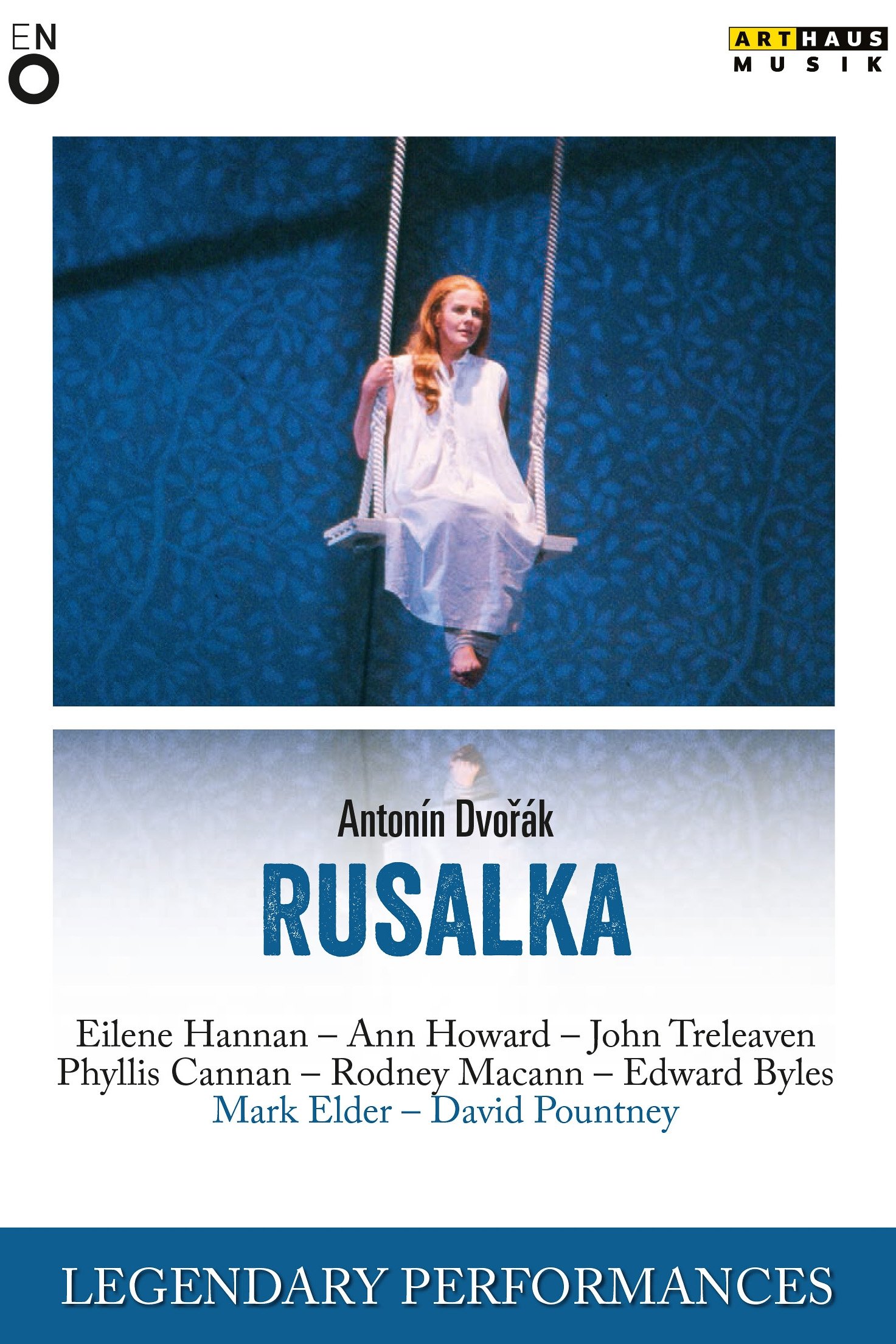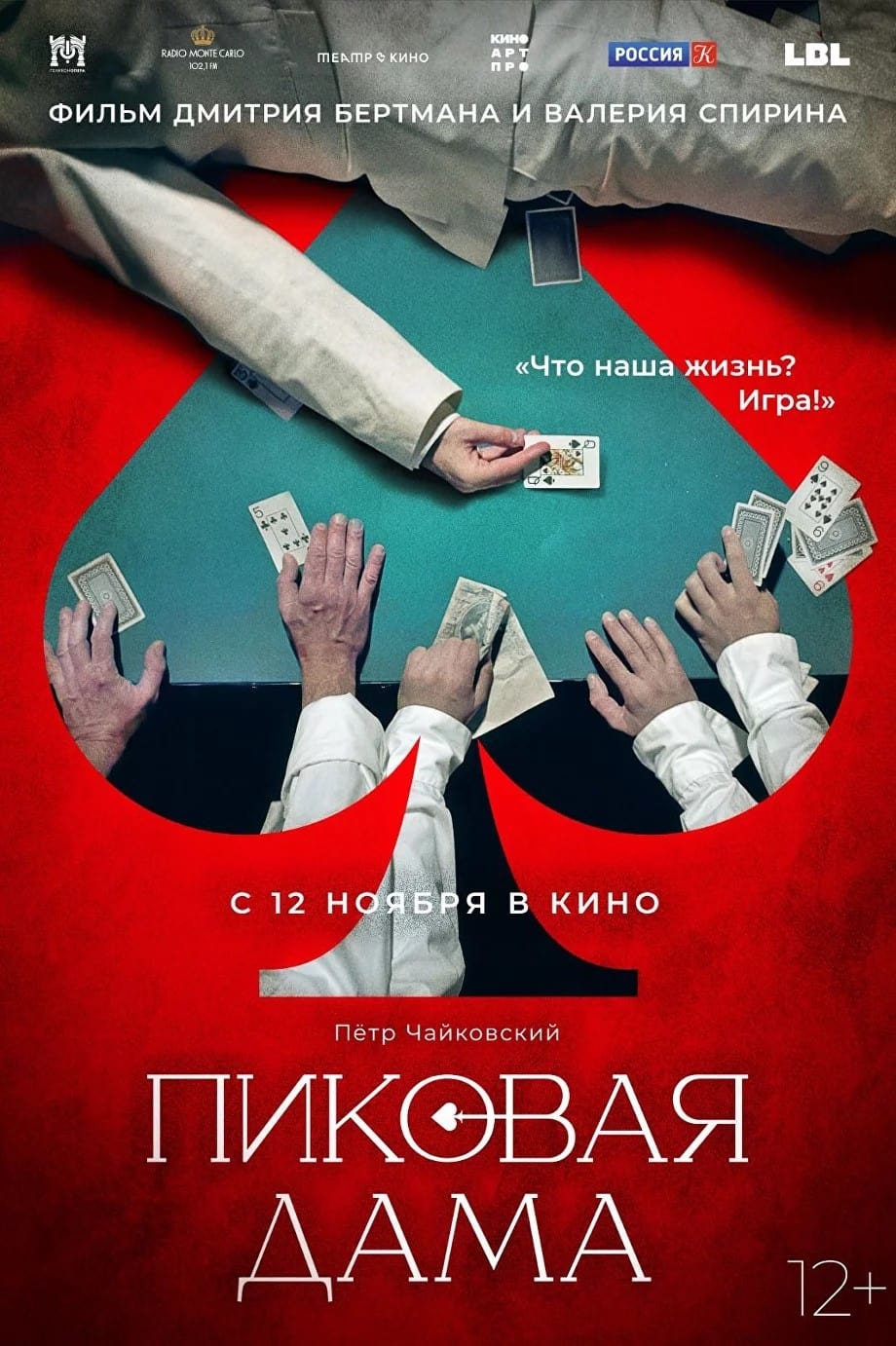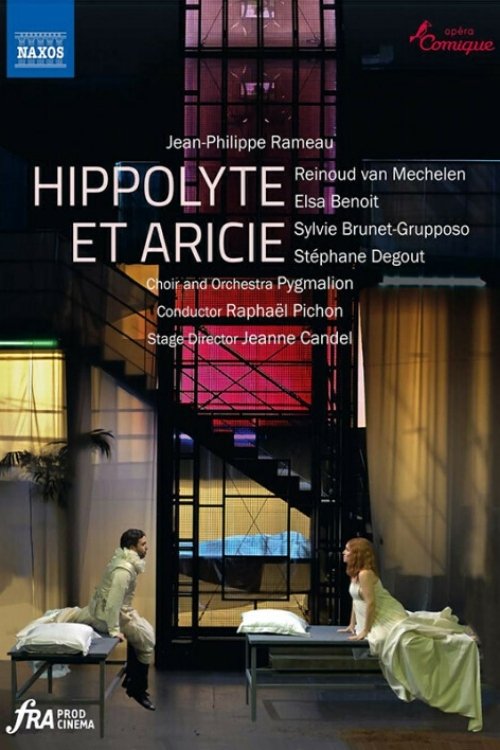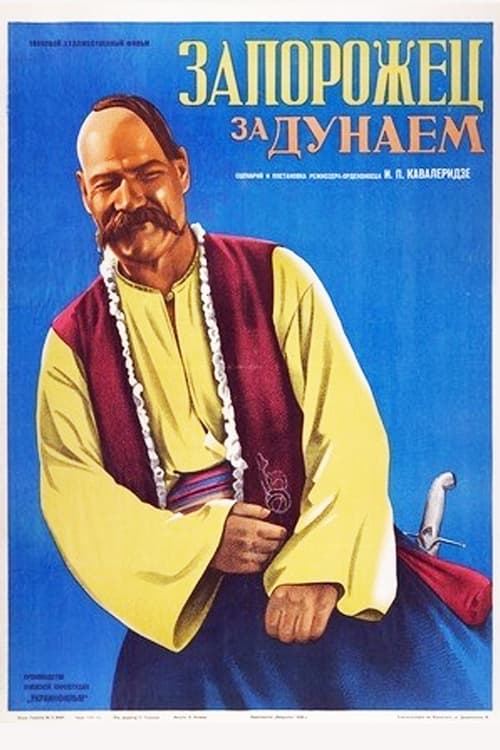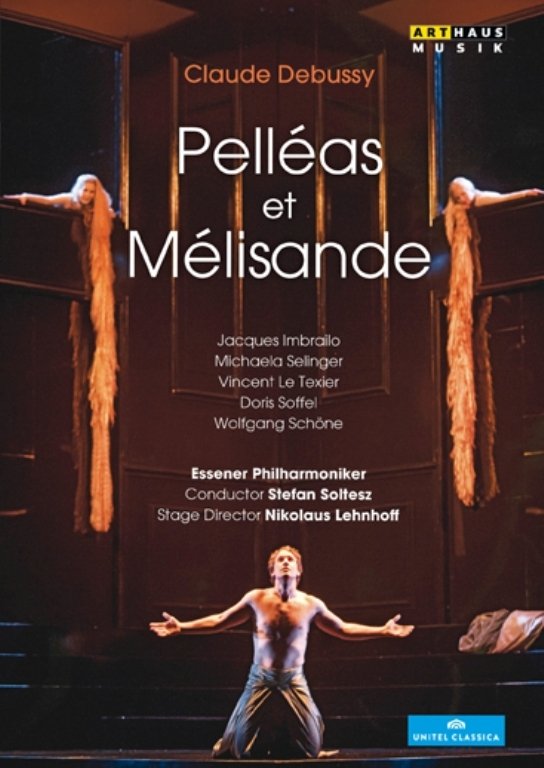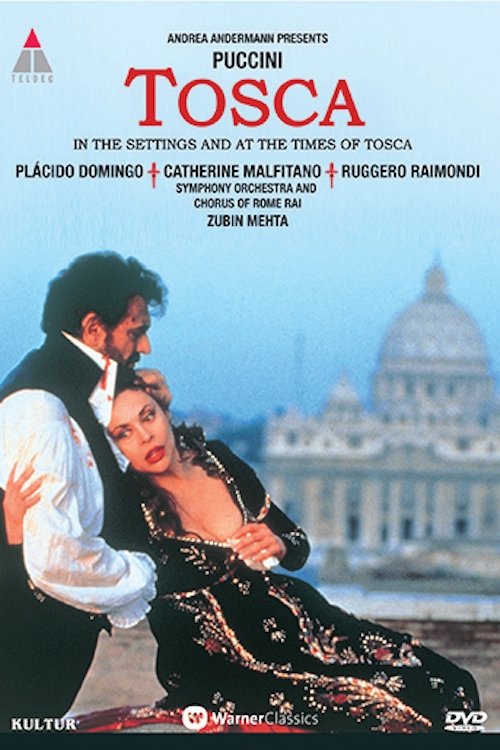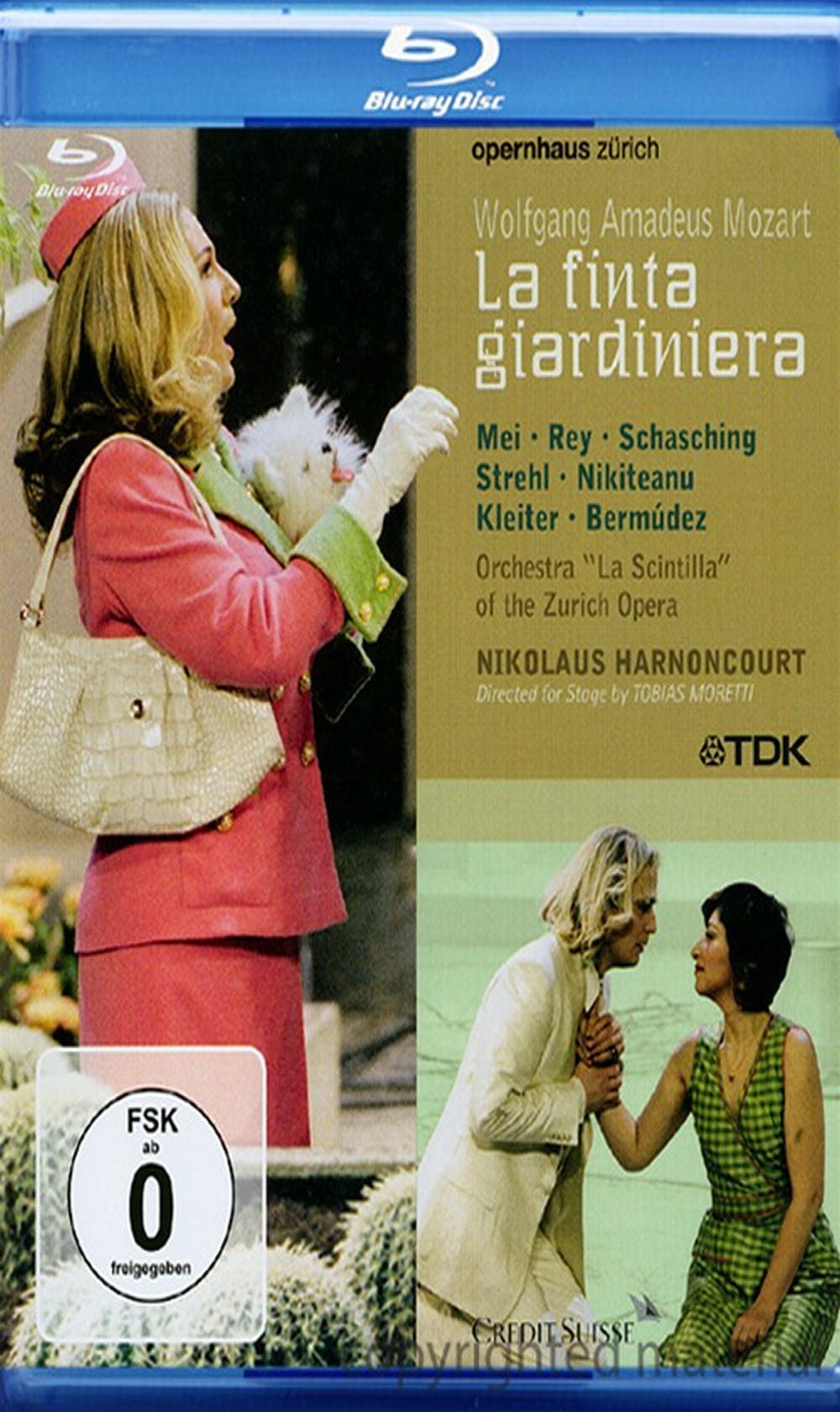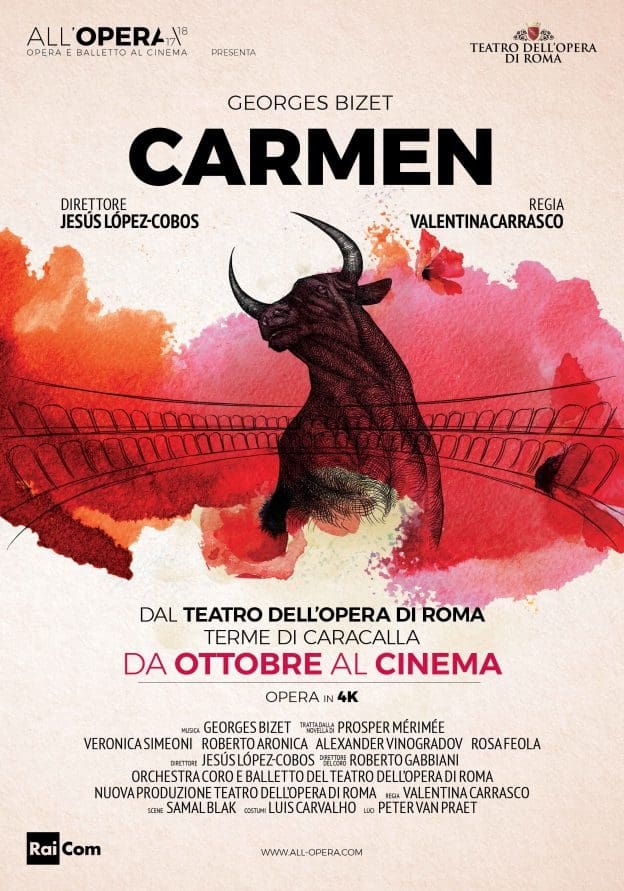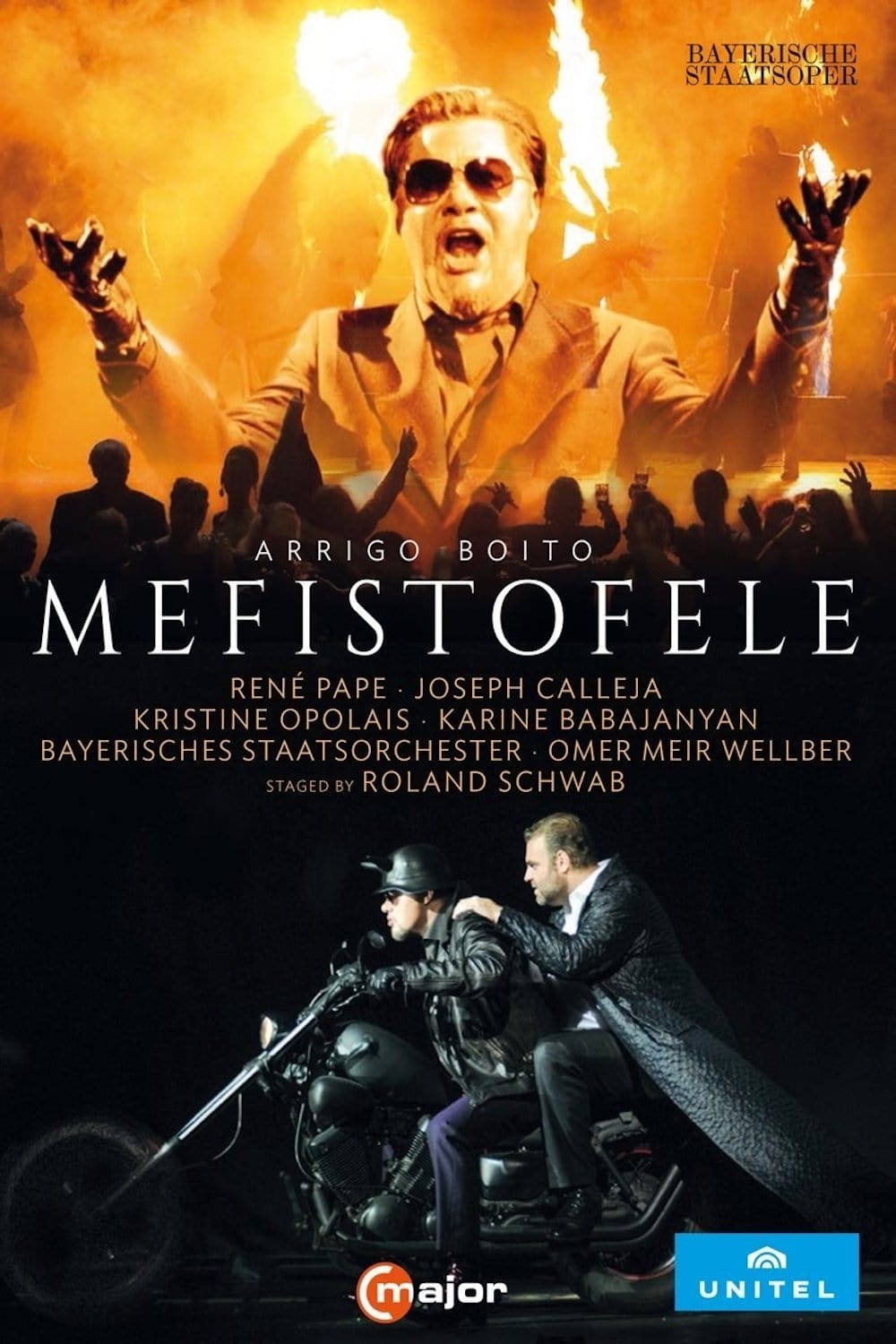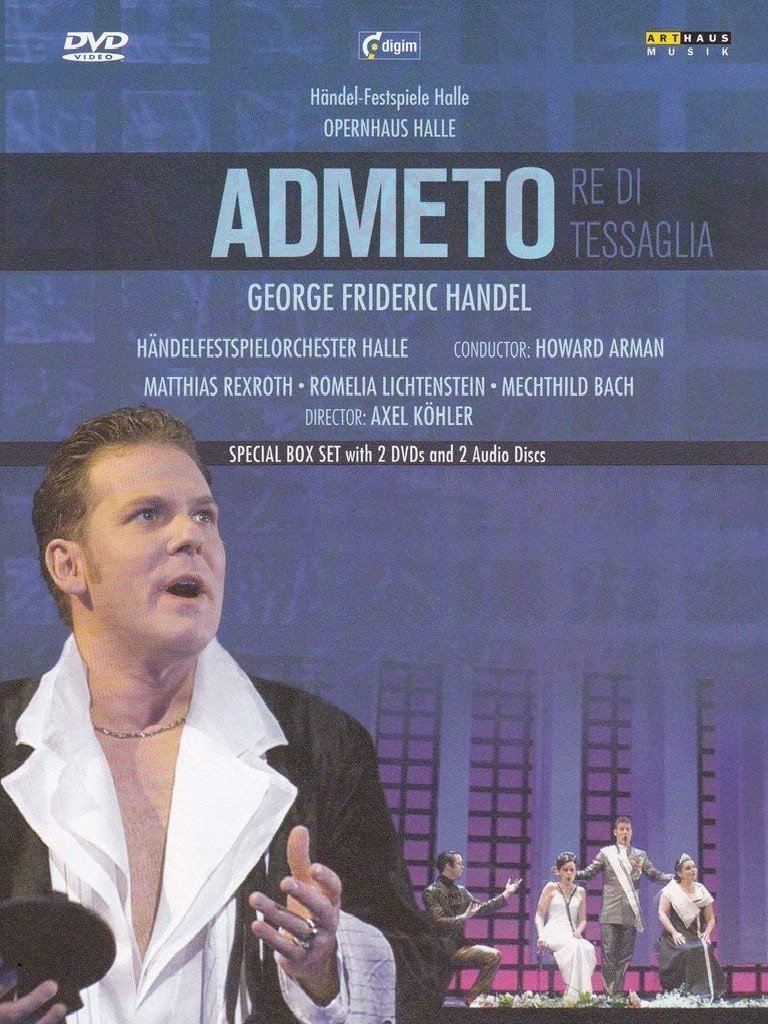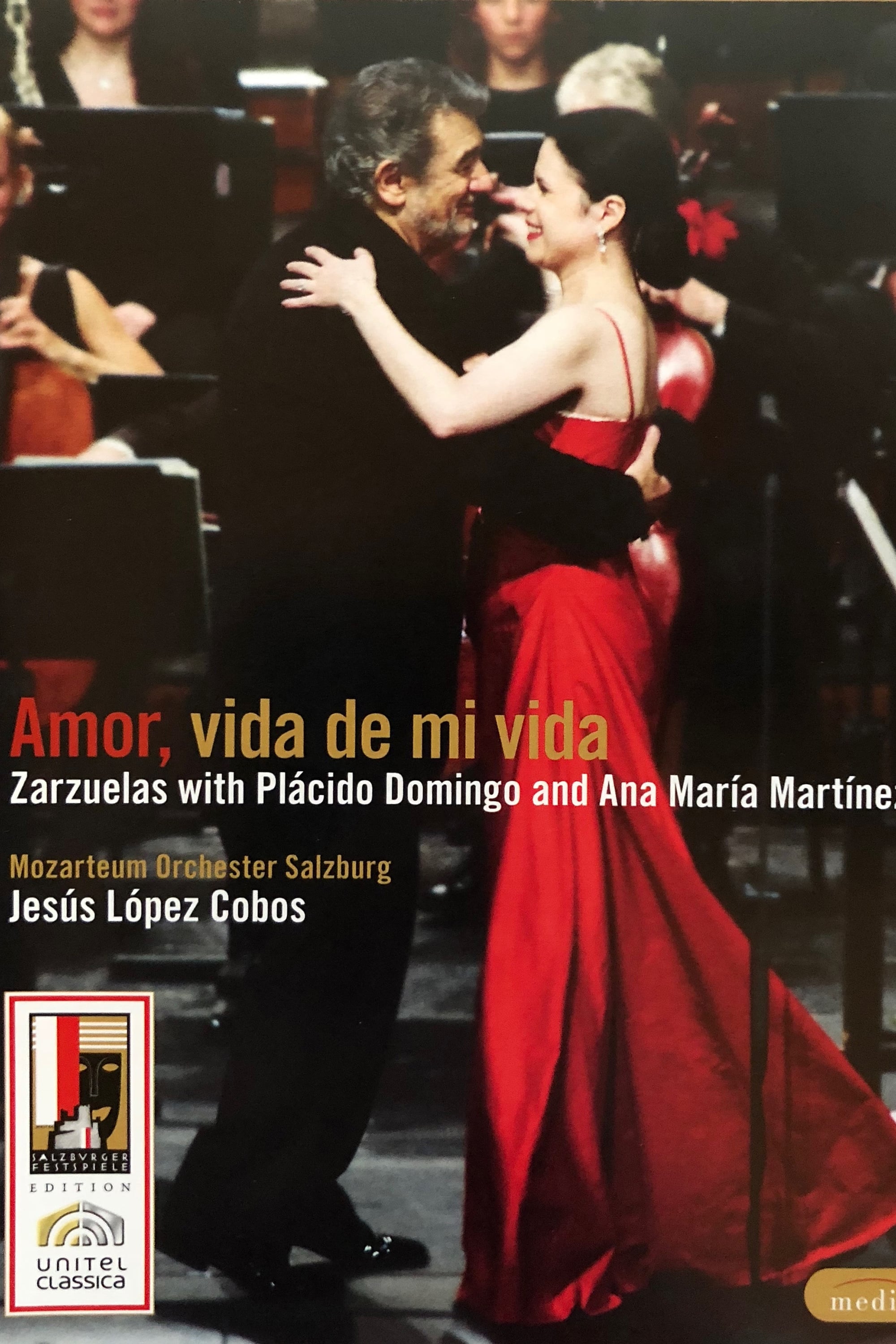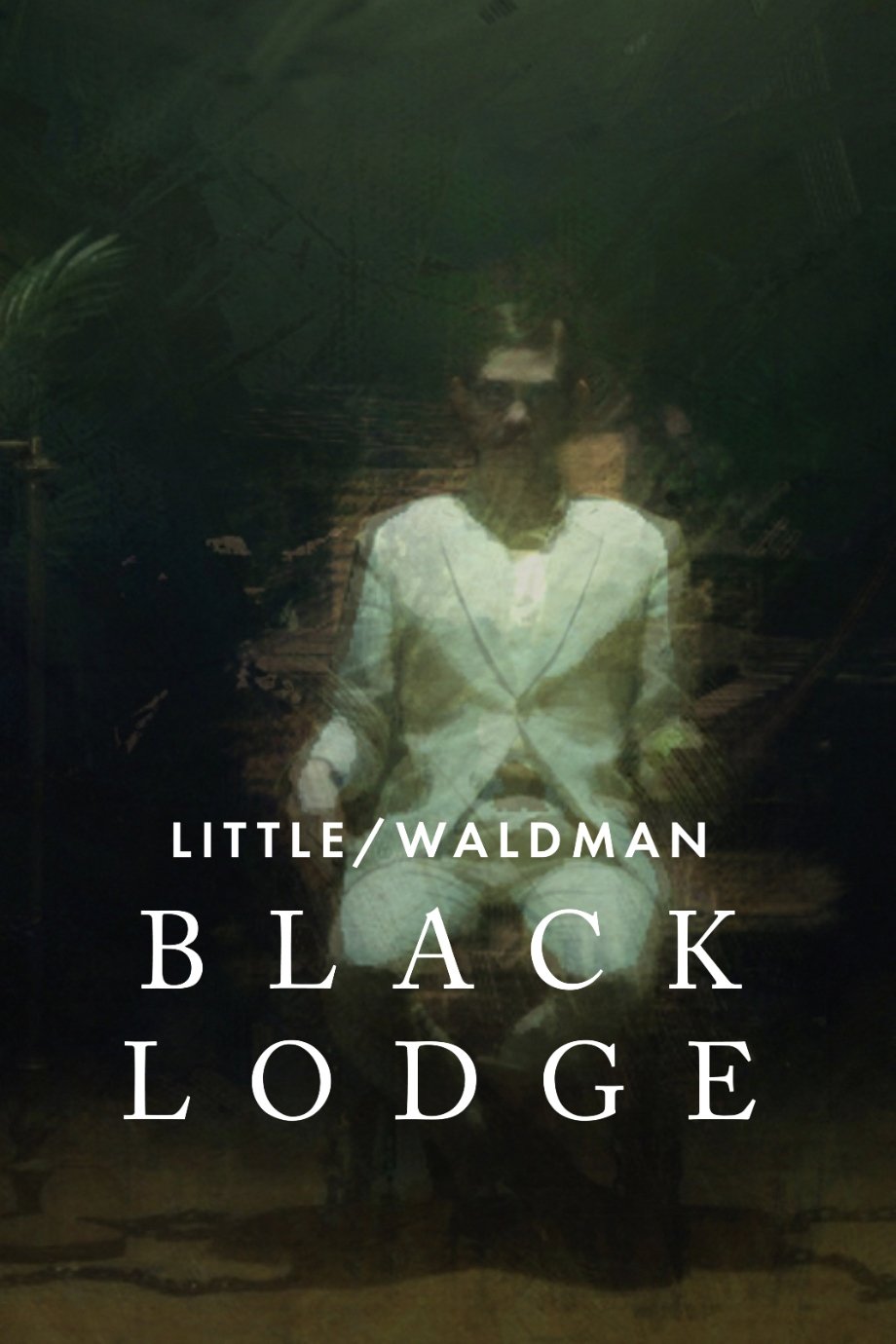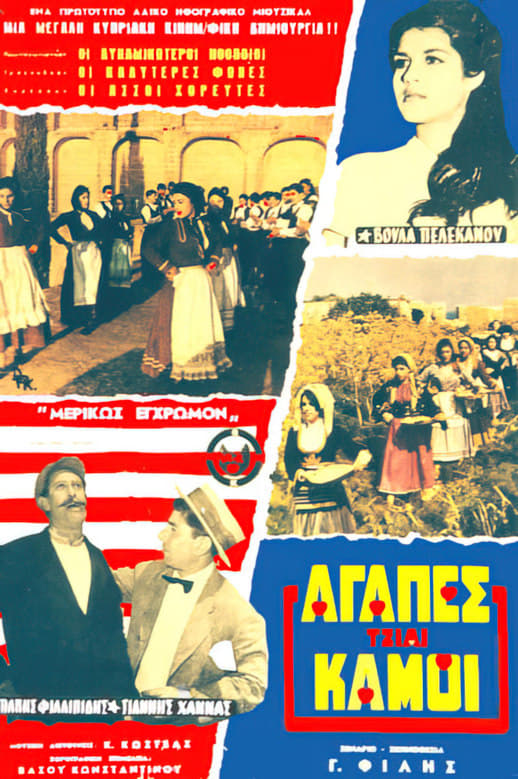
Love Affairs and Heartbreaks (1967)
Released:
1967-01-01
Duration:
1hr 30min
Rating 0.0
Overview
This first film of Cyprus' first director, Giorgios Filis, depicts music and dance customs in the form and style of a folk opera, with traditional Cypriot dances and songs. The film consists of a folkloric inventory based on the folk culture of Cyprus, as well as on similar ritual happenings. The narration and dialogue are entirely in the Cypriot dialect and are characterized by a rhetorical and poetic mood.
Production Companies
Theatrical Organization of Cyprus
Additional Info
| Budget | $0.00 |
|---|---|
| Revenue | $0.00 |
| Original Language | el |
| Popularity | 0.342 |
Directed By
Georgios Filis
